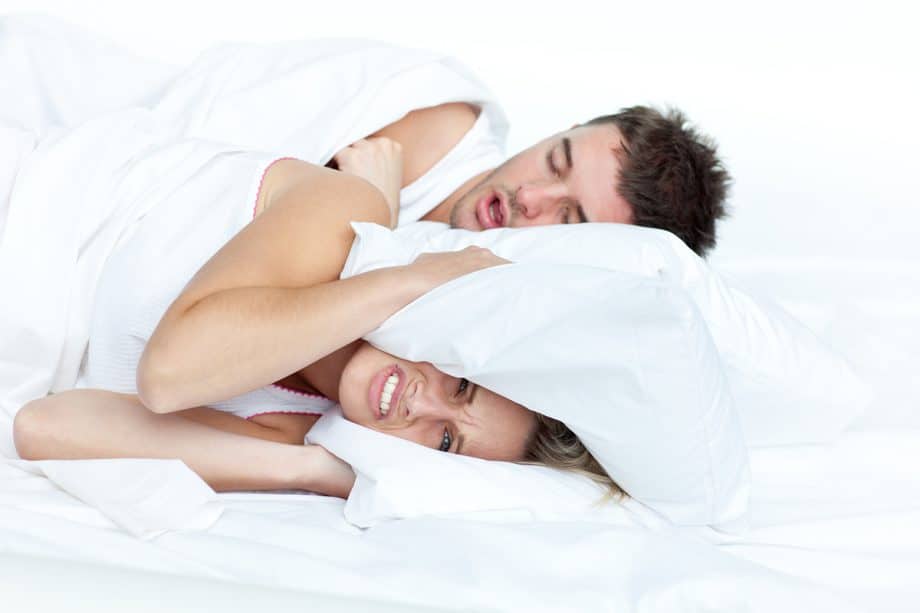It is hard to get 8 hours of good sleep when your brain is constantly waking you up to breathe. Because this is the time of day that your body is supposed to be restoring and replenishing itself, you are likely to wake even more exhausted than when you went to bed.
But how do you know what is causing you to not sleep well? How do you know it is sleep apnea? Since it all happens when you are asleep, pinpointing the cause can be challenging.
The best thing to do is to review the symptoms of sleep apnea. And, if you can check off some of the boxes, perhaps it is time to make an appointment with your dentist.
What is Sleep Apnea?
There are different types of sleep apnea, but obstructive sleep apnea (OSA) seems to be the one that is most prevalent. It is the result of the throat muscles relaxing in a manner that blocks the flow of air to the lungs — hence the name.
The brain senses that breathing is not occurring and triggers the person to breathe. This cycle can happen over and over again all throughout the night. On average, those with OSA stop breathing between 5 and 30 times a night or more.
Treating sleep apnea is very important as it can lead to serious health conditions, such as:
- High blood pressure
- Heart disease
- Obesity
- Type 2 diabetes
- Depression
- Dementia
- Stroke
- Fatigue
Not to mention that sleep is vital for proper functioning. Driving vehicles or other machinery while not properly rested can put you and everyone else at risk.
Anyone can have sleep apnea, though individuals who seem to be at greater risk are those who are:
- Men
- Older in age
- Smokers
- Overweight
- High blood pressure
- Chronic sinus issues
What’s more, sleep apnea seems to be more common among those who sleep on their backs.
The Symptoms of Sleep Apnea
Whether you have the risk factors or not, there are many different symptoms of sleep apnea that you can look out for, including:
- Waking up with a headache in the morning
- Loud snoring
- Difficulty focusing throughout the day
- Waking with a dry mouth and sore throat
- Mood swings, irritability
- Suddenly gasping for air in the night or waking up choking
- Excessively tired during the day
Take an honest look at yourself and decide whether or not they relate to you. If they do, it is time to take action. Sleep apnea will not go away on its own and requires attention to prevent more serious health concerns down the road.
Sleep Apnea Treatment at Aliso Smiles
At Aliso Smiles, we understand the importance of getting quality sleep. And when your airway is obstructed due to sleep apnea, your night will be anything but restful. Using oral appliance therapy, however, we can help you find restorative sleep once again.
If you have been diagnosed with sleep apnea or think you may have it, let us show you what our sleep apnea treatment is all about. Contact us today at 949-916-7800.
Or request an appointment online.

